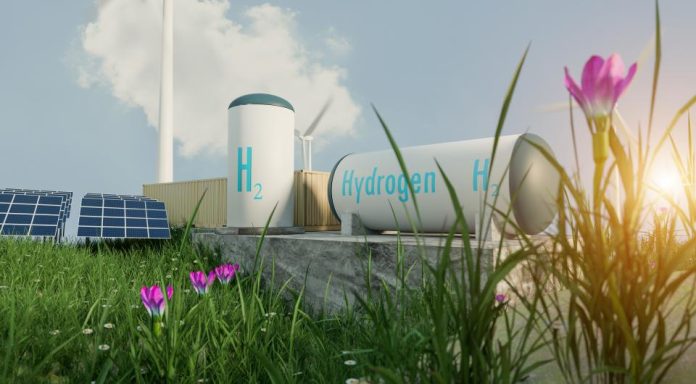From the bustling corridors of Brussels to the vibrant avenues of Luanda, the echoes of a significant event are making waves in political and business circles. That transformative event? The recently signed EU-Angola Sustainable Investment Facilitation Agreement (SIFA). This agreement is not merely a diplomatic formalism but a major milestone, marking the commencement of a new era of strategic cooperation between the European Union and Angola. Much like the innovative showrooms gracing the streets of Berlin, where the automotive luxury of tomorrow is showcased today, the SIFA paints a vivid picture of the future of investment relations between the EU and Angola.
A glimpse into the intricacies of the SIFA reveals an underlying blueprint for a paradigm shift in the EU-Angola relationship. Much like the precision-engineered components of a high-performance vehicle, the SIFA is an assembly of carefully designed elements that work together to propel a robust, dynamic and sustainable investment framework. By promoting transparency, predictability, and efficiency in investment-related procedures, the SIFA serves as a runway for a new wave of European investment into Angola.
This agreement is being recognised in major European cities, from the cobblestones of Brussels to the verdant gardens of Madrid, as a harbinger of mutual and sustainable growth. The SIFA isn’t just about easing the investment process; it’s about creating a framework that will foster a sustainable and resilient economy in Angola while opening doors for European investors to tap into an emerging African market.
At the core of this framework lies an unyielding commitment to sustainability and responsible business conduct, reflective of the EU’s broader commitments to these principles. The inclusion of environmental and labour rights obligations in the SIFA reveals a shared vision to align economic prosperity with societal progress and environmental stewardship.
Beyond the specifics of the agreement, Angola’s political stability shines as a beacon, attracting European investors. Like the quiet reliability of a state-of-the-art electric motor, Angola’s political steadiness amplifies the attractiveness of the investment environment. In an African continent often perceived as politically turbulent, Angola’s stability emerges as a cornerstone, solidifying its appeal as an investment destination.
For Angola, the SIFA is more than just a pathway to European investment. It is a catalyst that could trigger an economic diversification drive, encouraging the nation to pivot away from its traditional reliance on raw materials and energy resources. It opens up the possibilities of advancements in sectors such as green hydrogen, which not only has the potential to further fuel the nation’s economy but also supports EU’s renewable energy and climate goals. The green hydrogen deal signed between the two nations in 2022 which will see Angola become Germany’s first green hydrogen supplier is a testament to the symbiotic benefits of such investments.
The SIFA is also an affirmation of a true partnership. The European Union’s commitment to provide technical support to facilitate the agreement’s implementation speaks volumes about its interest in mutual growth and prosperity. The SIFA doesn’t put the EU in the driver’s seat but instead, positions both the EU and Angola as co-drivers navigating the highway of sustainable growth together.
This agreement is not an isolated initiative. It is part of the EU’s broader strategy to foster strong relationships with African nations. The SIFA is a concrete embodiment of the EU’s Global Gateway initiative, which aims to unlock the economic potential of African nations through sustainable investment.
The EU-Angola SIFA is more than an agreement – it’s a significant leap forward in reimagining global trade relationships, not just between the EU and Angola, but potentially between the EU and other African nations as well. It is a testament to the shared vision of both parties to explore a new frontier of sustainable global trade, underpinned by mutual benefit and shared prosperity. By providing a blueprint for others to follow, the SIFA may well shape the course of international sustainable investment for decades to come.
In the end, the SIFA serves as a reminder that the road to shared prosperity isn’t a one-way street. It requires mutual understanding, shared commitments, and above all, a recognition that our global future is intertwined. The SIFA does not just create a new chapter in EU-Angola relations; it serves as a symbol.
Jennifer Harris is an advocate for a greener future, a freelance writer specialising in renewable energy and the ecological transition, blending informed perspectives with a balanced approach.

Jennifer Harris
Jennifer Harris freelance writer specialising in renewable energy

